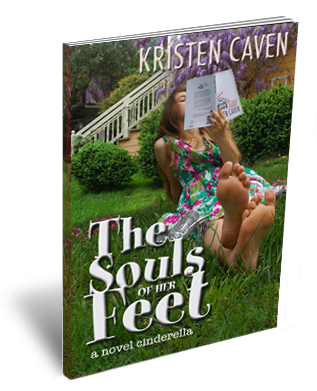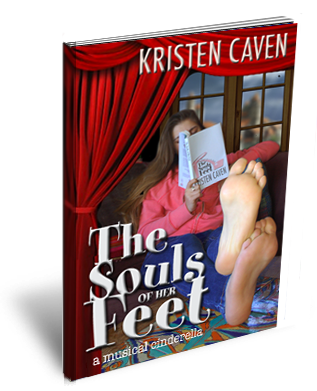From: crankingitout@gmail.com
To: info@fairytalereality.com
Cc:
Date: Wed, 23 Mar 2011 13:30:19
Subject: opening number
i really struggled with myself whether or not to say this, but i have to confess i'm not crazy about the opening number you sent, 'queen for a day'. i've been trying and trying to write something but i'm not off to a good start.
the towels are a really strong image for me, though. can you write something around that? just one verse? please don't be mad at me...i'm really trying.
~m~
~ ~ ~
From: info@fairytalereality.com
To: crankingitout@gmail.com
Cc:
Date:Wed, 23 Mar 2011 13:50:39
Subject: re: opening number
Michael, I'm not mad at you, but.... Seriously, you didn't like the rap number in Q4aD?
Ok, how's this?
Lavender bath towels, folded in thirdsI've been working on some more lyrics, will send soon.
A soft fluffy symbol of horrible words
A submissive package of female advice
On being more normal but not being nice.
K
~ ~ ~
From: info@fairytalereality.com
To: crankingitout@gmail.com
Cc:
Date: Thurs, 1 Apr 2011 20:10:09
Subject: re: opening number
Michael, I've been trying to get hold of you for a week and a half. Since you're not clicking with the opening number, and apparently the bath towels thing didn't agree with you, either, I've decided to go a different route with this.
There's plenty of free software online that should make it easy to make a musical without you. I took some lyrics and set them to pre-programmed music.
Listen to how great this sounds:
When you try to clean with Drain-o
And it’s mixed with Liquid Plumber,
The explosive fumes can kill you
Like they did my loving mother.
And my father died of cancer
From the toxic body burden through
A life in an environment
Filled with fossil fumes.
All that money that he left us
Goes in circles back to plastic
That will be here many eons
After we are gone from earth...
K
~ ~ ~
From: crankingitout@gmail.com
To: info@fairytalereality.com
Cc:
Date: Thurs, 1 Apr 2011 22:19:10
Subject: re: re: opening number
ha ha, happy april fool's to you, too. (you almost got me there.) autotune sounds cool BUT!!!!
sorry i've been incommunicado. busy at work. but i'll call you tomorrow. did you get the email where i wrote and told you i love love love the new lyrics you sent? wait 'til you hear the verse that goes,
they’re slobs!
i pick up everything!
their keys and
underwear!
they make me draw their bubble baths
and then clean out the hair.
they make me sweep the kitchen floor,
and vacuum every stair.
i steam the
carpets, brew the coffee, purify the air!
~m~











